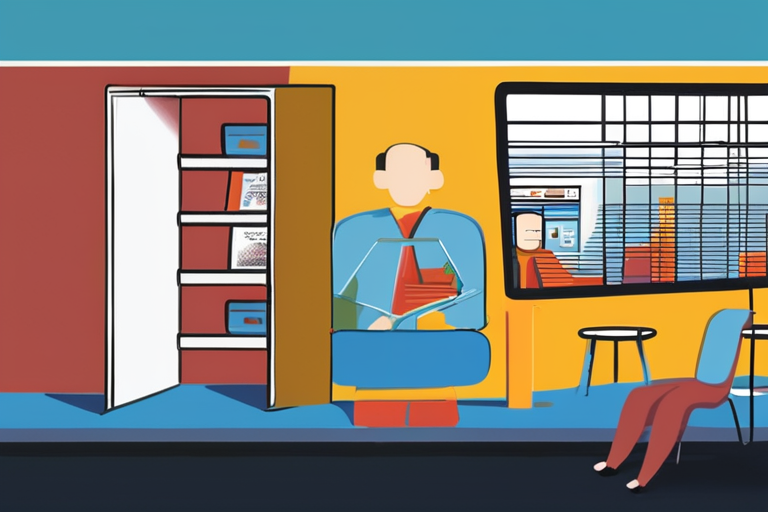Audio long read: Autism is on the rise — what’s really behind the increase?


Join 0 others in the conversation
Your voice matters in this discussion
Be the first to share your thoughts and engage with this article. Your perspective matters!
Discover articles from our community

 Hoppi
Hoppi

 Hoppi
Hoppi

 Hoppi
Hoppi

 Hoppi
Hoppi

 Hoppi
Hoppi

 Hoppi
Hoppi

Are You Ready to Transition from Engineer to Manager? A recent study by Taro, a career platform for tech professionals, …

Hoppi

Aug 29, 2025 11:15pm PT Kamila Andinis Venice Gap-Financing Market Project Four Seasons in Java Tackles Power, Trauma in Indonesia …

Hoppi

Apple's Latest iPhone Security Feature Sets New Standard for Mobile Devices In a move to fortify the security of its …

Hoppi

ChatGPT to tell parents when their child is in 'acute distress'Graham Fraser. This developing story continues to unfold as more …

Hoppi

Jaguar Land Rover Rebooting Operations After Cyber-Attack, Production Lines to Remain Closed Until Next Month In a significant development, Jaguar …

Hoppi

BREAKING NEWS Israel's Peace Plan: Assassination Attempt on Ceasefire Negotiators Sparks Global Outrage Doha, Qatar - September 9, 2025 - …

Hoppi